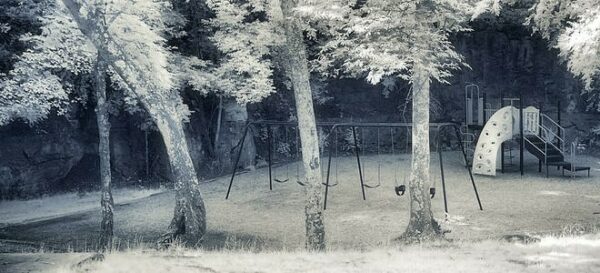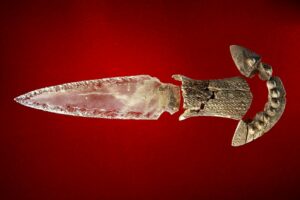The submerged ruins of a 7,000-year-old road are hiding underwater off the coast of the Croatian island of Korčula. The Neolithic structure once connected the island to an ancient, artificial landmass.
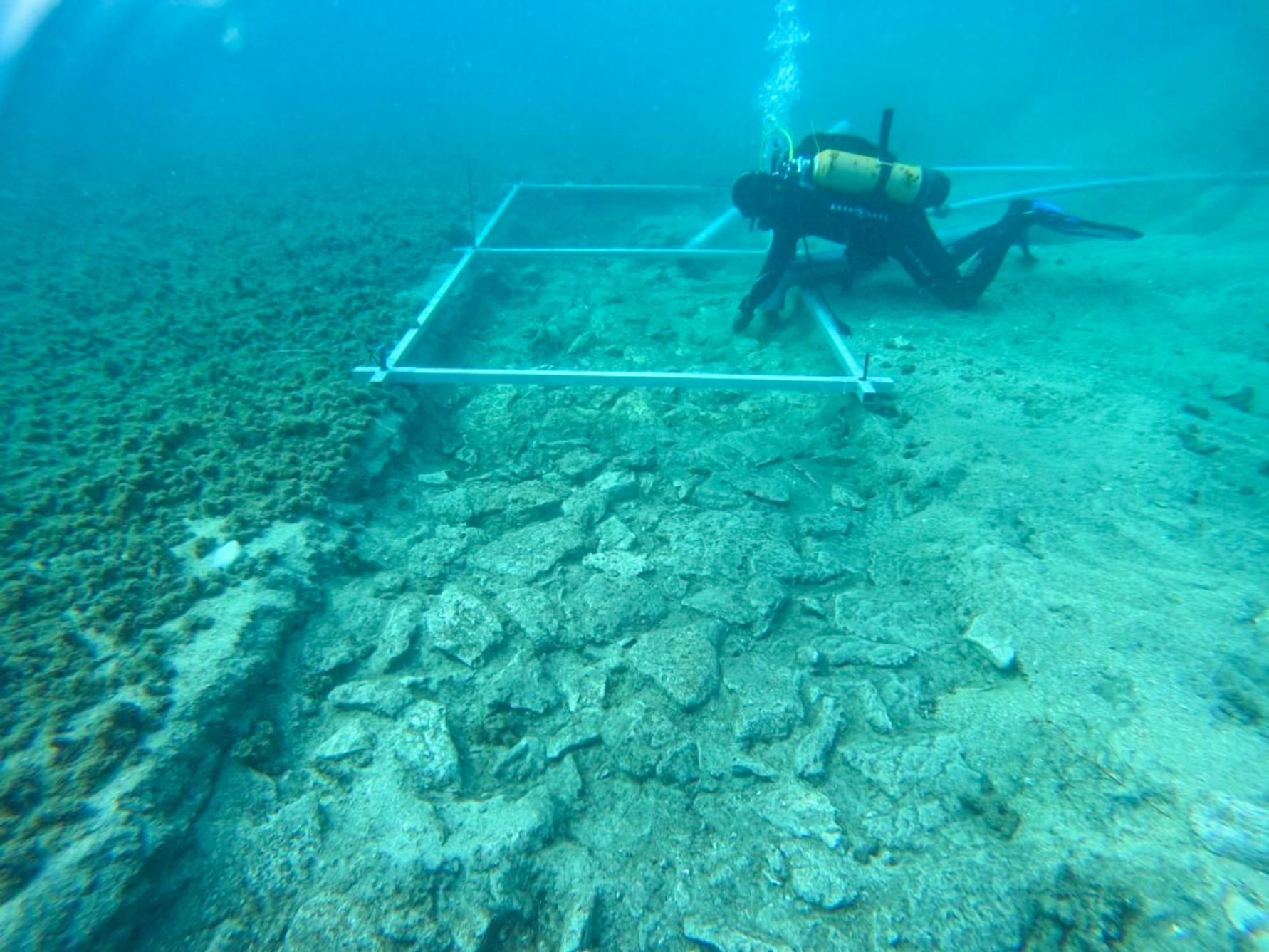
Archaeologists announced the discovery of the “strange structures” in a Facebook post on 6 May 2023, describing them as the remains of a roadway that are now submerged about 16 feet (5 meters) beneath the Adriatic Sea.
The road consists of “carefully stacked stone plates” measuring roughly 13 feet (4 m) wide. The stone pavers had been buried by mud over the millennia. Archaeologists think the stone roadway was built by the Hvar, a lost maritime culture that resided in the area during the Neolithic period (6,000 BC to circa 3,000 BC).
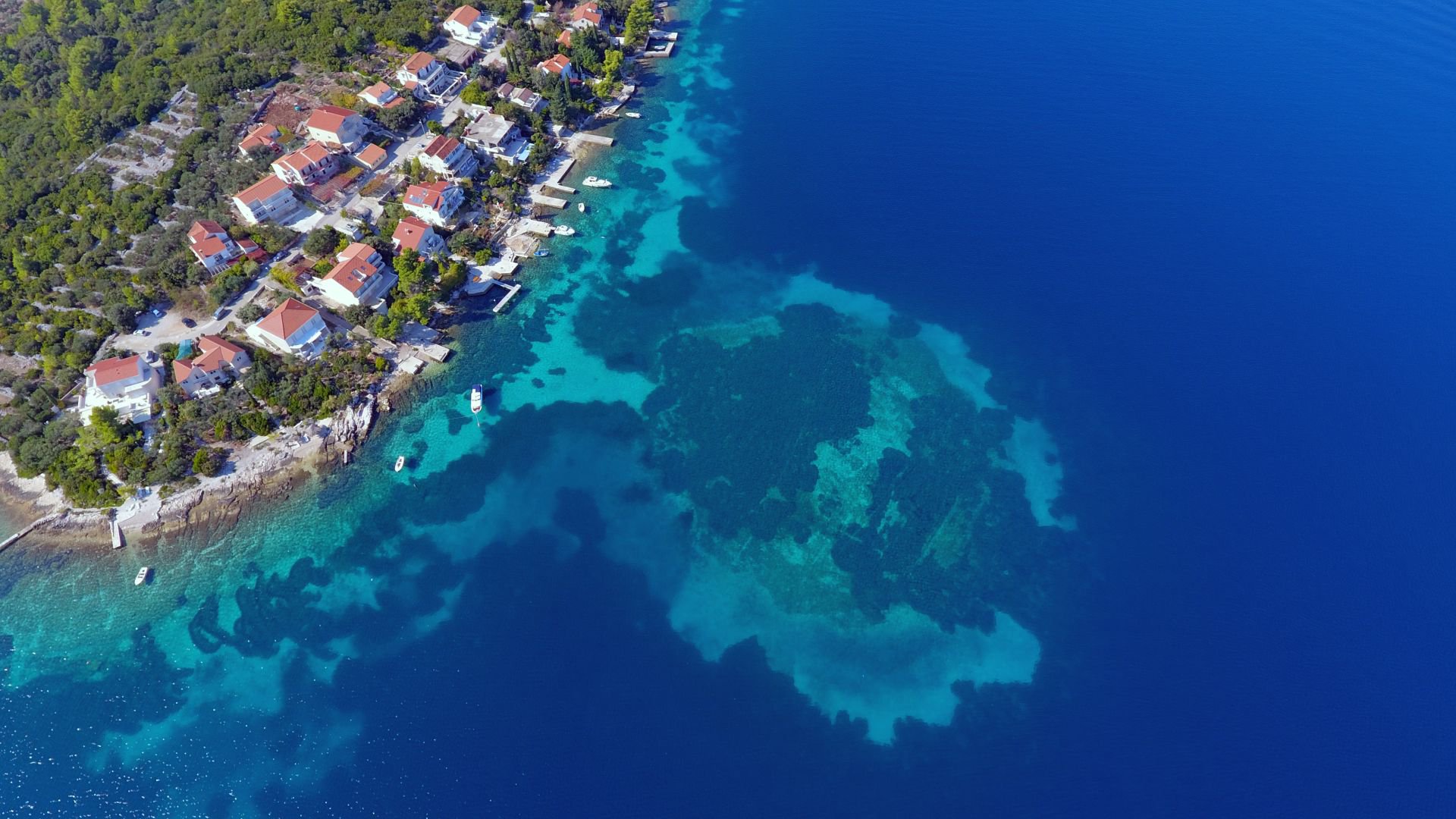
“We also found late-Neolithic ornamented pottery, a stone axe, bone artifacts, flint knives and arrowheads,” told Mate Parica, an assistant professor in the Department of Archaeology at the University of Zadar in Croatia who took part in the excavation. “The pottery findings helped us to attribute this site to the Hvar culture.”
The archaeologists think the roadway once linked a nearby Hvar settlement, called Soline, to Korčula. Archaeologists discovered Soline, which is also submerged but once resided on an artificial landmass, in 2021 during a previous archaeological survey. By radiocarbon-dating wood found at the site, they determined that the settlement dates to roughly 4,900 BC, according to the translated statement.
“People walked on this roadway almost 7,000 years ago,” the University of Zadar said in a Facebook statement on its most recent discovery.
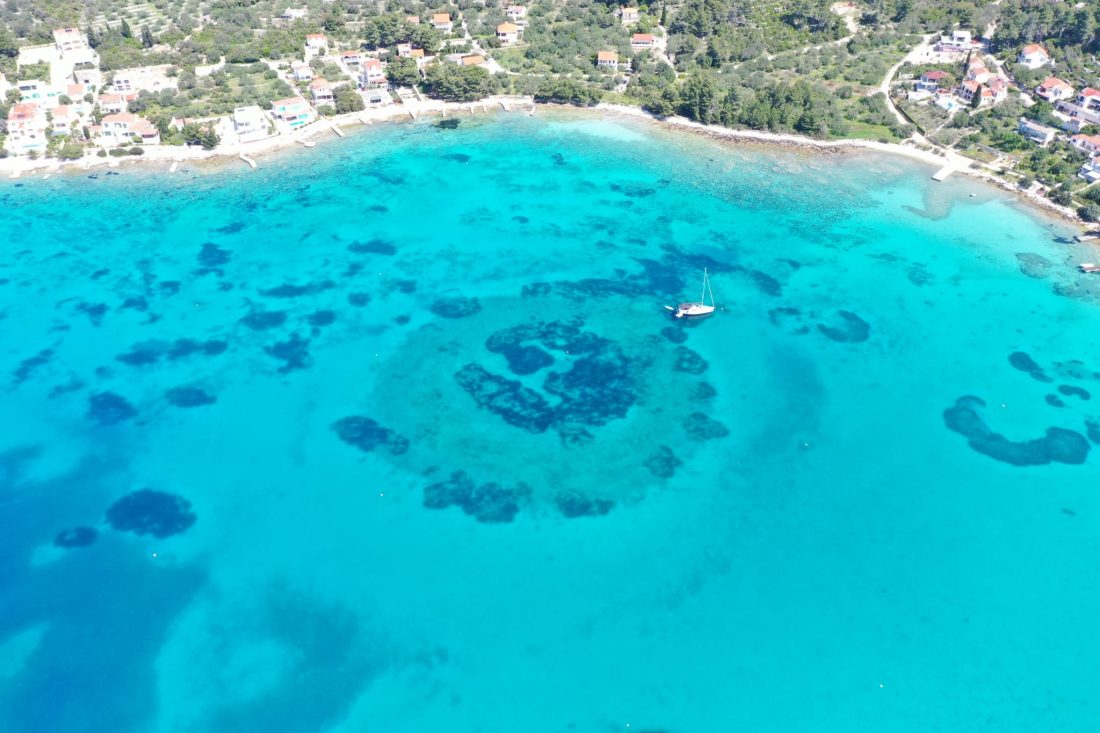
This isn’t the only secret that Korčula’s been keeping. The same research team has discovered another underwater settlement on the opposite side of the island that is strikingly similar to Soline and produces some intriguing Stone Age artifacts.

